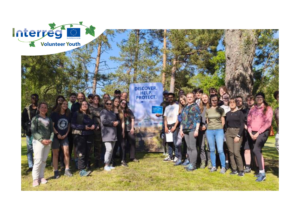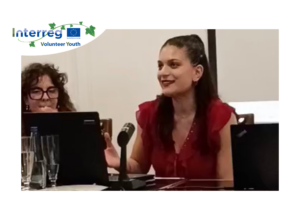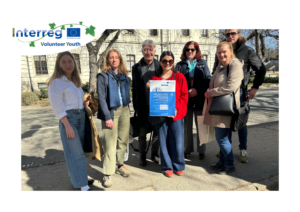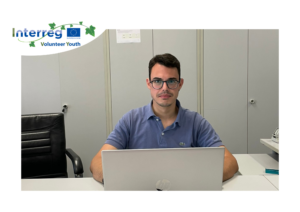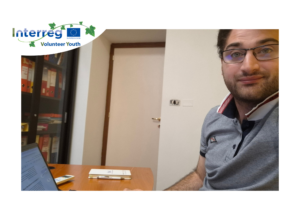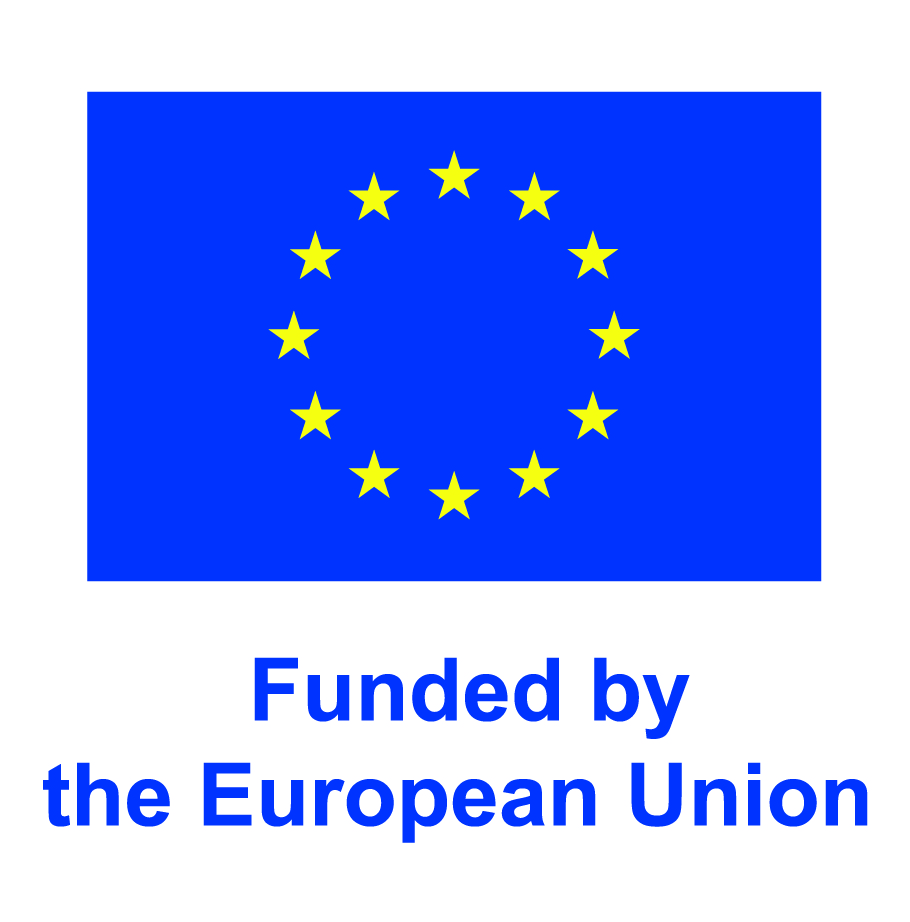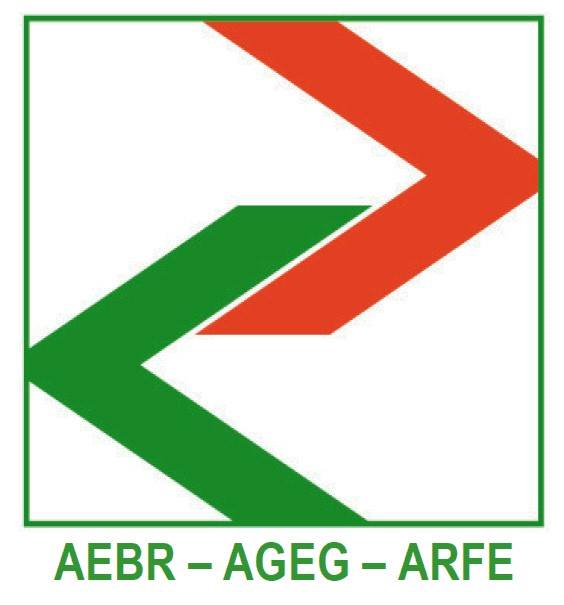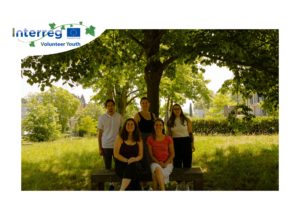
Sustainability Without Borders: My IVY Story at UniGR-CIRKLA
Did you know that in 2022 the average e-waste per person in the EU was around 11,2 kilos? In the same year, the total amount of electronic waste from all EU states together made up 5 million tons. One way of tackling this problem is shifting the focus away from a linear and towards a circular economy, which is the goal of the Interreg Project UniGR-CIRKLA. Hello everybody, my name is Rebecca and I would like to tell you a little bit more about this project, where I’m volunteering at the moment as an IVY-project partner. The project UniGR-CIRKLA is an Interreg project with the topic of circular economy with a special focus on materials and metals. It’s part of the University of the Greater Region, which is an alliance of seven universities located in so-called Greater Region. This area combines seven territories from the countries France, Germany, Belgium and Luxembourg. The University of the Greater Region and its associated partner universities are together with the research center CRITT TJFU the project partners. The primary goal of the project is to implement a center of expertise for a circular economy inside the region, in cooperation with the academic and additional industrial partners. To reach this goal, the project aims to generate more knowledge regarding this topic in the general population, the scientific community as well as in the industry. Specific actions are then, for example, the curation of a travelling exhibition, a doctoral summer school or the creation of a shared database. As a team member at UniGR-CIRKLA I have the opportunity to work alongside the project and contribute with my experiences. I currently support the project in terms of communication. That means I am writing social media posts, I am attending events and help documenting them, I am creating materials, for example designing posters or cutting videos, and I am tasked with translating and correcting texts. A highlight of my volunteering experience so far was the participation at the event: Circular Economy Research Forum, which took place in Liège, Belgium, in May 2025. We did live reporting; we were taking pictures and even had the time to do some interviews. This event really gave me an insight in the communication side of conferences and I could gain a lot of practical experiences. In my Bachelor’s degree I already had the possibility of working as well as living in an international context. That’s why I am really happy to be able to volunteer for a cross-border organization and have this international outlook again. Being connected and working together, across state and regional borders, is a unique opportunity and should be the goal for Europe. I can only invite everybody of taking up this chance of volunteering for a Interreg project and learning more about the region, the people, the possibilities and chances and in general learn more about Europe, as I have. Thank you IVY for this once in a lifetime opportunity. – Rebecca, IVY Project Partner at University of the Greater Region – UniGR, for the Interreg project UniGR-CIRKLA, under the programme Interreg Grande Región/Grossregion. Learn more about University of the Greater Region – UniGR Click Here Learn more about Interreg project UniGR-CIRKLA Click Here

